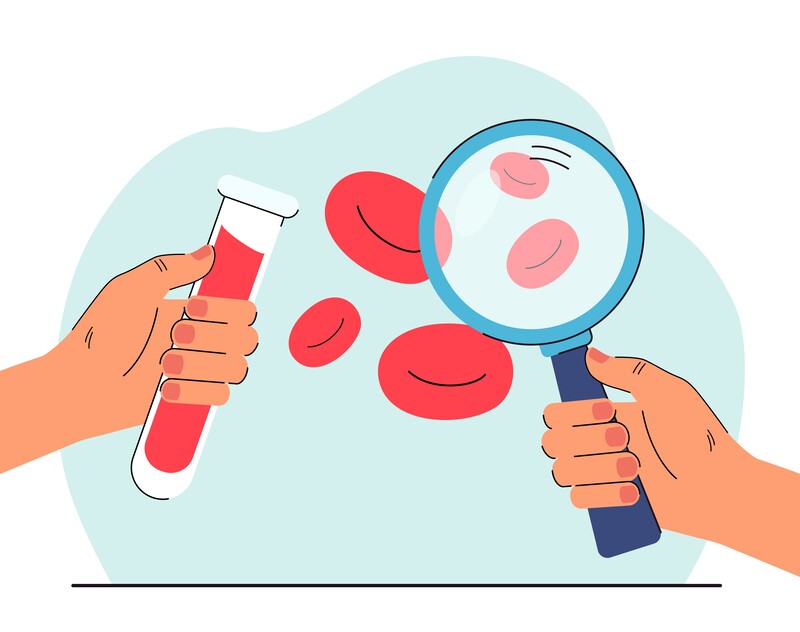No products in the cart.

Correlation between Iron and Thyroid Hormone
The word “Iodine” is invariably linked to the normal functioning of thyroid hormones. It surely is the key nutrient for the synthesis of thyroid hormones, but there are several other nutrients that help in regulating the thyroid hormones. In order to facilitate the conversion of T4 to T3, nutrients like selenium, zinc, tyrosine, iron are also necessary. Deficiencies in any one of these nutrients would lead to impaired thyroid functions.
Most of us know about the role of iron in the formation of hemoglobin. However, only few of us are aware about the indirect yet significant role it plays in the metabolism of thyroid hormone. Interestingly, both of these mechanisms are closely related.
So, let us learn a little more about it
In order to treat any illness, it is very important to understand the cause behind it. Therefore, it is important to try and understand the underlying cause as to why the thyroid gland is unable to produce hormones in adequate amounts or why there is no optimal conversion of T4 to T3. Due to high levels of compounds like fluoride or bromide that can possibly displace iodine in the body, or deficiencies of nutrients like selenium or iodine, may contribute to thyroid dysfunction. Apart from this, iron deficiency can also impair thyroid function.
Interrelationship between Iron and Hypothyroidism
Both iron and hypothyroidism are interrelated to one another wherein low levels of thyroid can lead to low levels of iron and vice – versa. There is decreased production of stomach acids in case of hypothyroidism, which has an effect on the absorption of essential nutrients like iron which requires stomach acid for absorption. Low levels of iron have been known to have various impacts on the functioning of thyroid hormones.
Role of Iron in Thyroid Metabolism
The enzyme thyroxine peroxidase is an important enzyme that plays a major role in the production of thyroid hormones. For the activation of these enzymes, one of the most important components required is “haem”- which is an iron containing portion of the hemoglobin. . Therefore, deficiency of iron would:
Reduce the production of thyroid hormone by decreasing the activity of thyroxine peroxidase.
There are many findings that showed; in case of iron deficiency there was decrease levels of circulating T4 and T3
Reduced conversion of T4 to T3. Thus, iron deficiency seems to be having an association with the dysfunctioning of thyroid hormone, specifically hypothyroidism.
Even with balanced levels of TSH while on medication can cause symptoms of hypothyroidism. Iron is thus one of the most crucial minerals for normal functioning of the thyroid gland.
Groups that are at risk for Iron deficiency :
Growing children whose iron requirement is more for their rapid growth
Pregnant women as they produce more amounts of RBCs to support the growing fetus thus increasing the need for additional dietary supplements.
Menstruating women – women who experience heavy bleeding due to which there is loss of blood.
People with chronic kidney failure – during hemodialysis there will be a loss of blood, kidney failure also reduces the production of RBCs as kidneys are responsible for making a hormone that signals the body to make RBCs.
Sources of Iron from food :
There are two sources of iron that are haem and non – haem iron.
Haem iron are those iron that are found in animal sources like meat, poultry, seafood etc.
Non – haem iron are found in plant sources like legumes, whole grains, leafy vegetables, nuts, seeds, fortified cereal products etc.
So, it may not always be ‘I’ for Iodine but sometimes it could be ‘I’ for Iron too.

Dietitian
Nutrition Tattva




zoritoler imol
Wohh exactly what I was searching for, thanks for putting up.